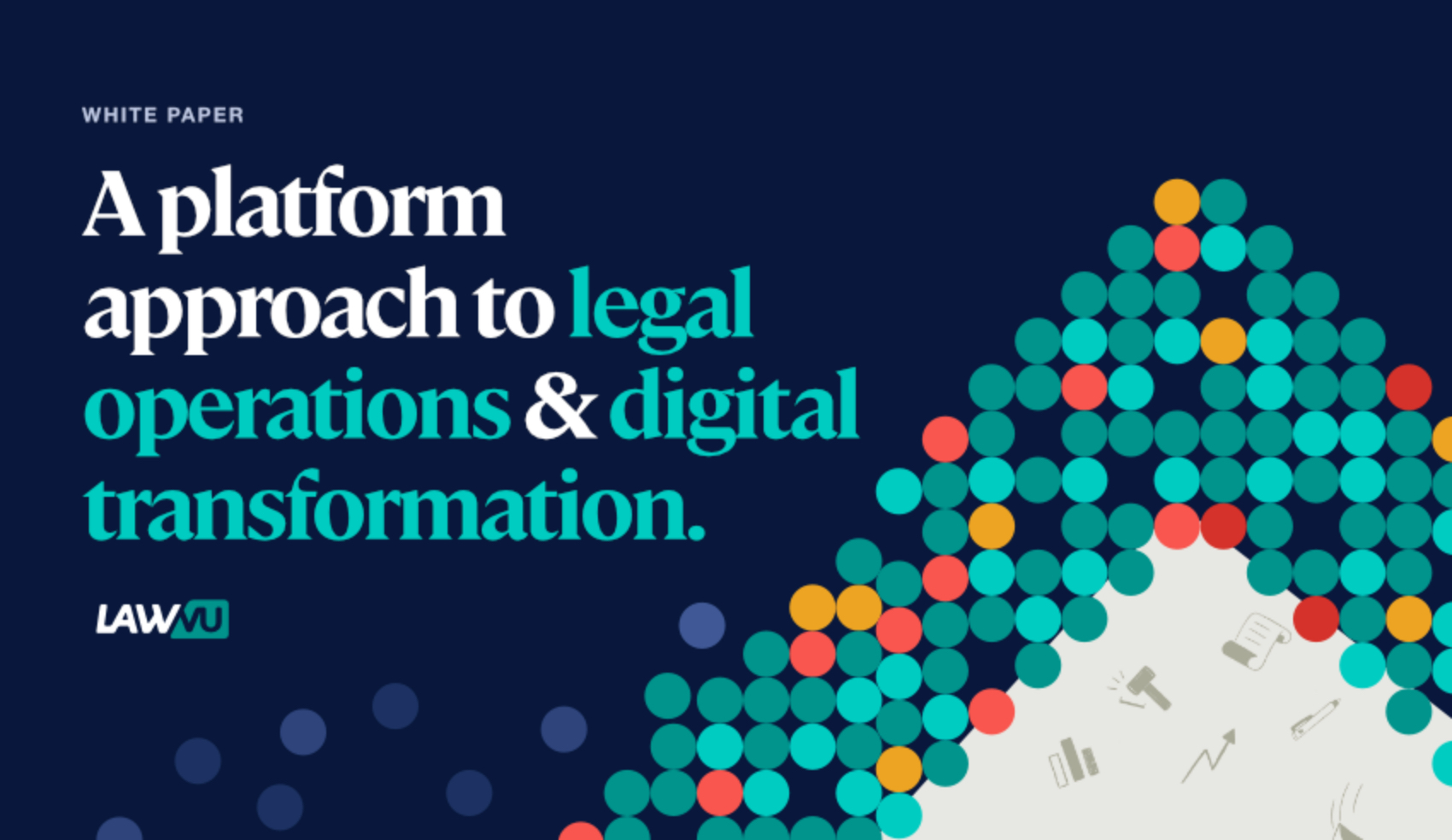Legal operations is an emerging field for in-house legal teams around the world – whether that function is led by the General Counsel or a designated Legal Operations Manager. According to the 2021 Chief Legal Officers Survey by the Association of Corporate Counsel, 61% of legal departments now employ at least one legal operations professional.
Legal operations is an emerging field for in-house legal teams around the world – whether that function is led by the General Counsel or a designated Legal Operations Manager. According to the 2021 Chief Legal Officers Survey by the Association of Corporate Counsel, 61% of legal departments now employ at least one legal operations professional.
With the core components of legal operations being people, process and technology (CLOC), it’s no wonder that 42% of CLOs are planning on adopting new technology solutions this year to help them be more productive and collaborate better (2021 Chief Legal Officers Survey, Association of Corporate Counsel).
Why now?
COVID-19 has fueled the need to look at ways to be more productive, have one source of truth for all documents and workflow, and collaborate in a remote environment. On top of that there is a pressure to do more with the same or less resources. Contract management, document management, e-signature and workflow tools are high on the priority list for legal operators to this end.
So with digital transformation high on the agenda of General Counsel and legal operators, it becomes crucial to have a plan when adopting new technology and partnering with new vendors.
What is a platform approach?
When adopting new technology, you can find different software solutions to different isolated problems you’re trying to solve - these are often called ‘point’ solutions. By ‘bandaid-ing’ individual issues, such as using one vendor for document storage, another for contract management, and another for spend management, you don’t necessarily receive value beyond just the tool itself.
In some cases however, you can find holistic platform solutions that allow you to address multiple use cases and provide a robust foundation, and by doing so, provide value beyond just the tool’s individual components.
These holistic solutions most commonly come in the form of a platform - a cloud-based system where you can access multiple tools, integrations and collaboration or community. Another term would be an ‘end-to-end’ solution.
Having a technology adoption strategy that looks at your holistic legal operations and seeks an holistic, long term solution is therefore what we call “a platform approach” to digital transformation.
The benefits of a platform approach
The benefits of a platform approach are numerous and we list a few of these below:
- Easier security management
- Easy customer support and training
- Scalability
- Data collection and surfacing deeper insights
- One source of truth
- Reduced risk
- Easier collaboration
With a platform approach you can not only gain true oversight over workflow and organizational and legal risk, but you can unify your legal operations, empower your team and start building a high performing legal machine that’s a key driver of positive business outcomes.
For a more comprehensive detail of the platform approach and where to start, download the white paper “A platform approach to legal operations and digital transformation”
We're evolving — and so should your insights. Heads up — Lawyers Weekly is going premium from 1 May for just $5 a month. Stay informed without missing a beat. More information coming soon.
With LawVu, you’re in good company






